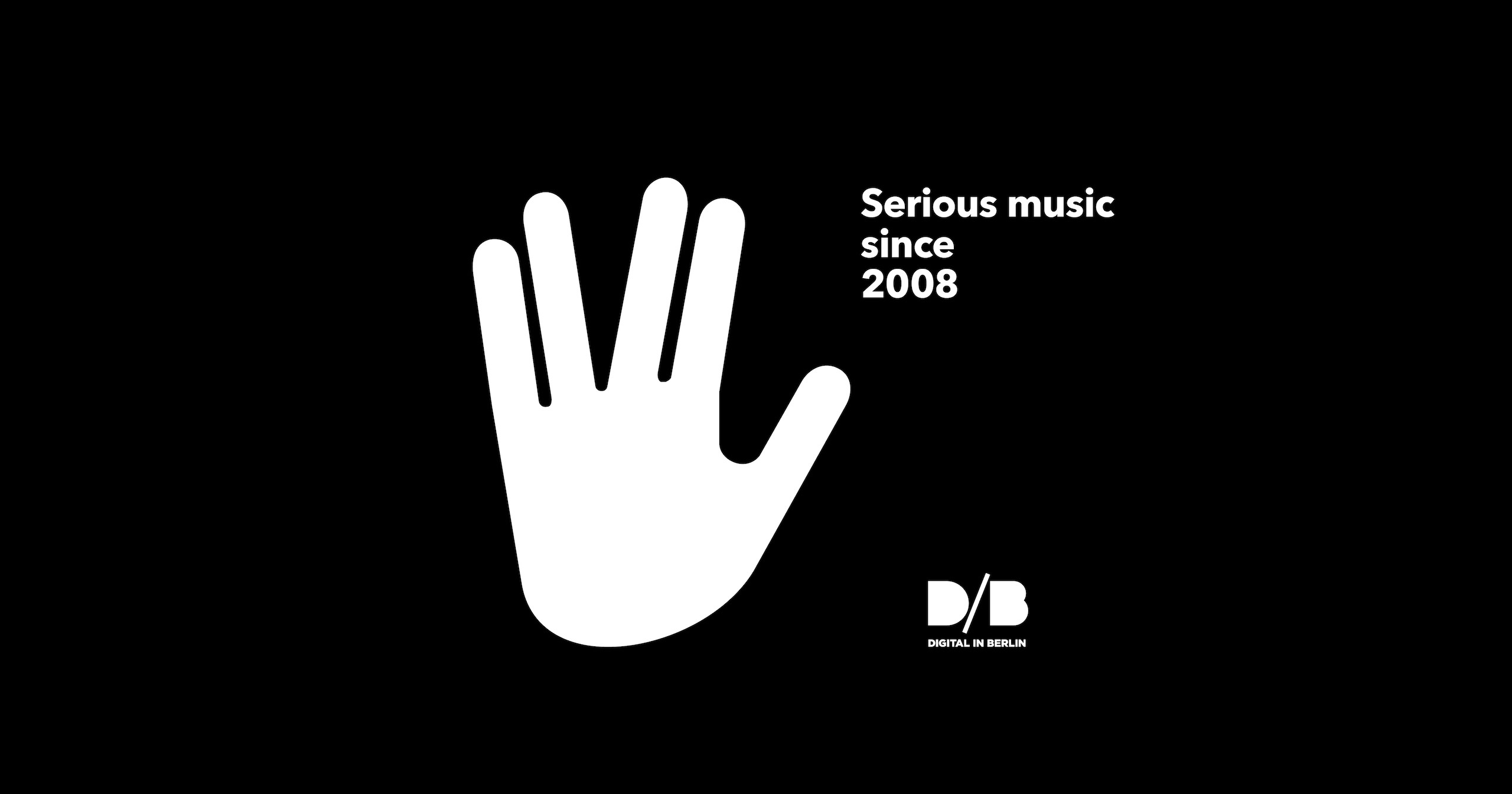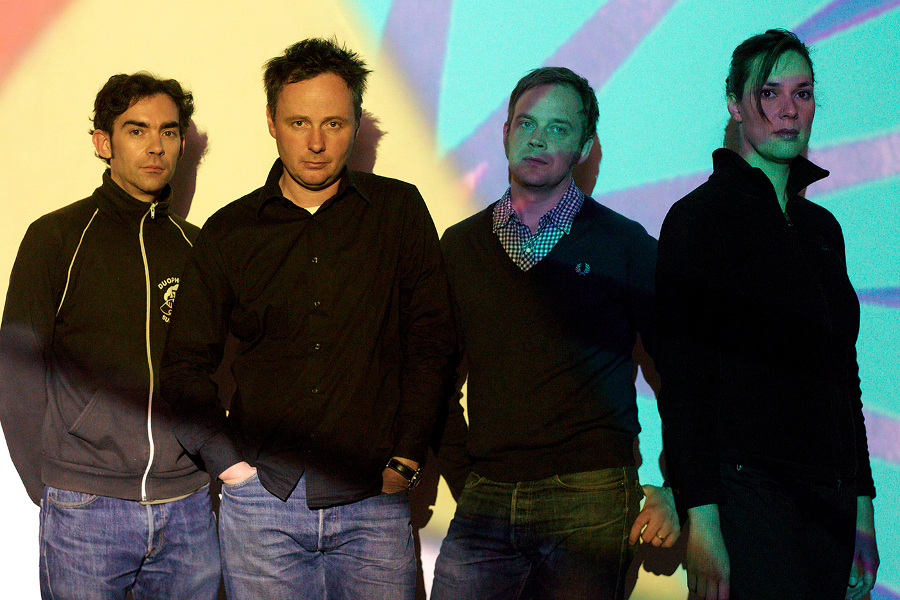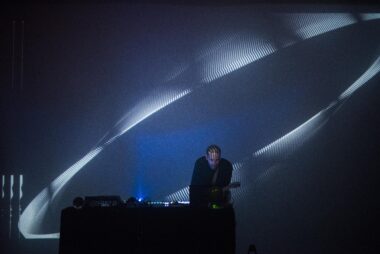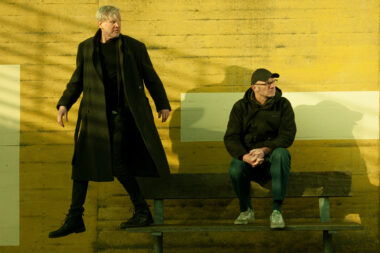Los Angeles-based composer/multi-instrumentalist Julia Holter blurs the boundaries between indie music, modern composition, and electronic music in her own work as well as her collaborations, which include work with Nite Jewel’s Ramona Gonzalez and underground folk icon Linda Perhacs.

Support comes from Lucrecia Dalt who appeared alonside Holter on Vol. 3 of monika enterprise’s ‘4 Women No Cry’ series.
Holter grew up in a musically inclined family – her father is a guitarist who once played with Pete Seeger – and studied electronic music at CalArts. After graduation, she began releasing music at a prolific rate: in 2008, she contributed tracks to Monika’s 4 Women No Cry, Vol. 3 as well as a Human Ear compilation and released the CD-R album Cookbook on Sleepy Mammal Sound.
Julia Holter | In The Same Room
httpv://https://youtube.com/watch?v=NM-WnjqB8EY
The following year, Holter began working with the Dublab collective, appearing on a volume of their In the Loop series of vinyl compilations and performing with the Linda Perhacs Band.
The fruits of another one of her projects, phonetically translating songs performed in languages other than English, were on display on 2010’s “Why Sad Song,” her interpretation of a Burmese lament that appeared on the Beaterblocker #2 collection (which also featured tracks by Keith Fullerton Whitman and Eluvium).
Julia Holter | Moni Mon Amie
httpv://https://youtube.com/watch?v=H8x-6VHORLU
That year, Holter also released the CD-R Celebration on Engraved Glass Records and a collection of live recordings on NNA Tapes. However, all of this activity was just a warm-up for her first full-fledged album, 2011’s Tragedy, which was released by Leaving Records. Inspired by Euripides’ play Hippolytus, the album melded tweaked electronics with classical and pop elements that earned critical acclaim from avant and underground music publications, both online and in print.
Soon after Tragedy’s release came Ekstasis, a lighter and more accessible but still complex song cycle that arrived in March 2012. By the time of that album’s release, Holter already had a third album, tentatively titled Gigi, waiting in the wings. On top of her busy music schedule, she also found time to tutor teenagers in South Central L.A. as part of a nonprofit organization.
Despite the sublimely wrathful cover with the surging of a massive dust wall towards the camera, Lucretia Dalt’s album Commotus, whose title is a Latin word meaning ‘woken’, ‘agitated’ or ‘disturbed’, is an intimate, inward-looking and restrained album. Apart from two guest appearances, from Luke Sutherland and Julia Holter, Dalt spins everything out herself: soft singing, the lumbering drumkit, the drawling guitar, the alienated drum machine, an arsenal of effects that distance and estrange, and the bass.
Lucretia Dalt | Extraña Colección
httpv://https://youtube.com/watch?v=zKs-1p-8DRY
Its creaking hallways echo with bathroom-tile and kitchen-sink effects emanating from occupied rooms, their peeling doors left ajar, revealing flashes of mirrors and wrought-iron bedposts within. If this album is apocalyptic, it’s the whispering stairwell in the apartment building housing the reluctant post-nuclear cannibals of Jean-Pierre Jeunet and Marc Caro’s film Delicatessen – introverted, insulated from the yellowing air outside.
Julia Holter & Lucrecia Dalt LIVE
Thursday, 24 October 2012 | 20:00 CET
Volksbühne | Rosa-Luxemburg-Platz | 10178 Berlin/Mitte
juliashammasholter.com | lucreciadalt.com | volksbuehne-berlin.de






